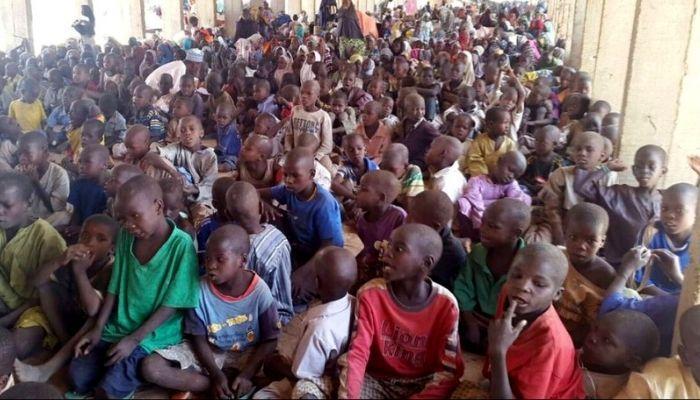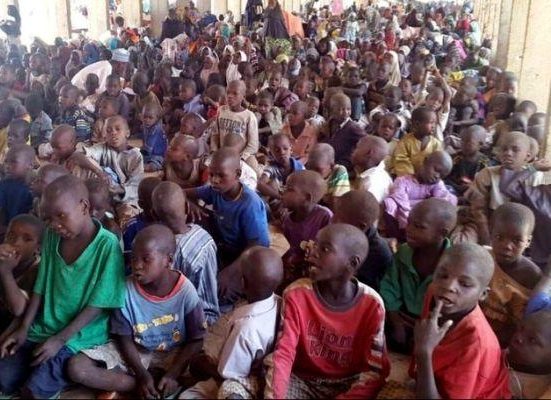The Federal Government of Nigeria has successfully concluded a $25.35 million concessionary loan agreement with the Kuwait Fund for Arab Economic Development to support the Reaching Out‑of‑School Children (ROOSC) initiative in Kaduna State. Signed on behalf of Kaduna State, this loan forms a component of a comprehensive $62.8 million financing package assembled with development partners to enhance access to quality and inclusive education in one of the most education‑deprived regions of the country.
Under the intervention, the funds will be deployed to build new schools, rehabilitate existing facilities, train instructors, and execute community‑based strategies targeted at re‑enrolling over 100,000 out‑of‑school children. Special emphasis is placed on vulnerable populations, including internally displaced children, girls, and pupils with disabilities.
Information released by the Federal Ministry of Finance highlights that oversight of fiduciary management and progress reporting will be centralised under the ministry. Collaborating closely with Kaduna State authorities and participating partners, the oversight mechanism will monitor student enrollment trends, teacher training performance, and learning outcomes to ensure each dollar delivers visible impact.
In remarks recorded at the loan signing, Coordinating Minister of the Economy, Mr. Wale Edun, represented by Minister of State Dr. Doris Uzoka‑Anite, affirmed the FG’s commitment to transparency and result‑oriented social investment. He also praised Kaduna State’s proactive role and expressed confidence that the model could be replicated in other states facing similar educational challenges.
Kaduna Governor Uba Sani reaffirmed the state’s dedication to human capital development, confirming that the state has fulfilled its $1 million counterpart funding requirement and boosted the 2025 education budget allocation to 26 percent. Plans include constructing 102 climate‑resilient schools and rehabilitating 170 learning centres across all 23 Local Government Areas. These efforts will specifically target marginalised and hard‑to‑reach communities to ensure no child is left behind.
Director‑General of the Kuwait Fund, Dr. Wahid Al‑Bahar, described the initiative as “an investment in hope”, stressing that its success will be measured by increased enrollment, strengthened learning outcomes, and active community participation.
Other contributors to the blended financing arrangement include the Islamic Development Bank ($10.5 million loan), the Global Partnership for Education ($15.45 million grant), the Education Above All Foundation ($10 million grant), and Save the Children International (technical assistance valued at $0.5 million).
The blended package, anchored by this latest Kuwait Fund loan, marks a pivotal step toward addressing Kaduna State’s alarming out‑of‑school population and setting new standards for education financing across Nigeria.

